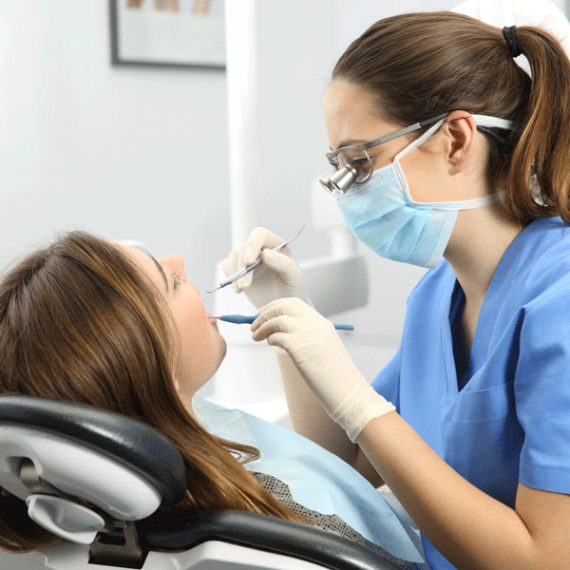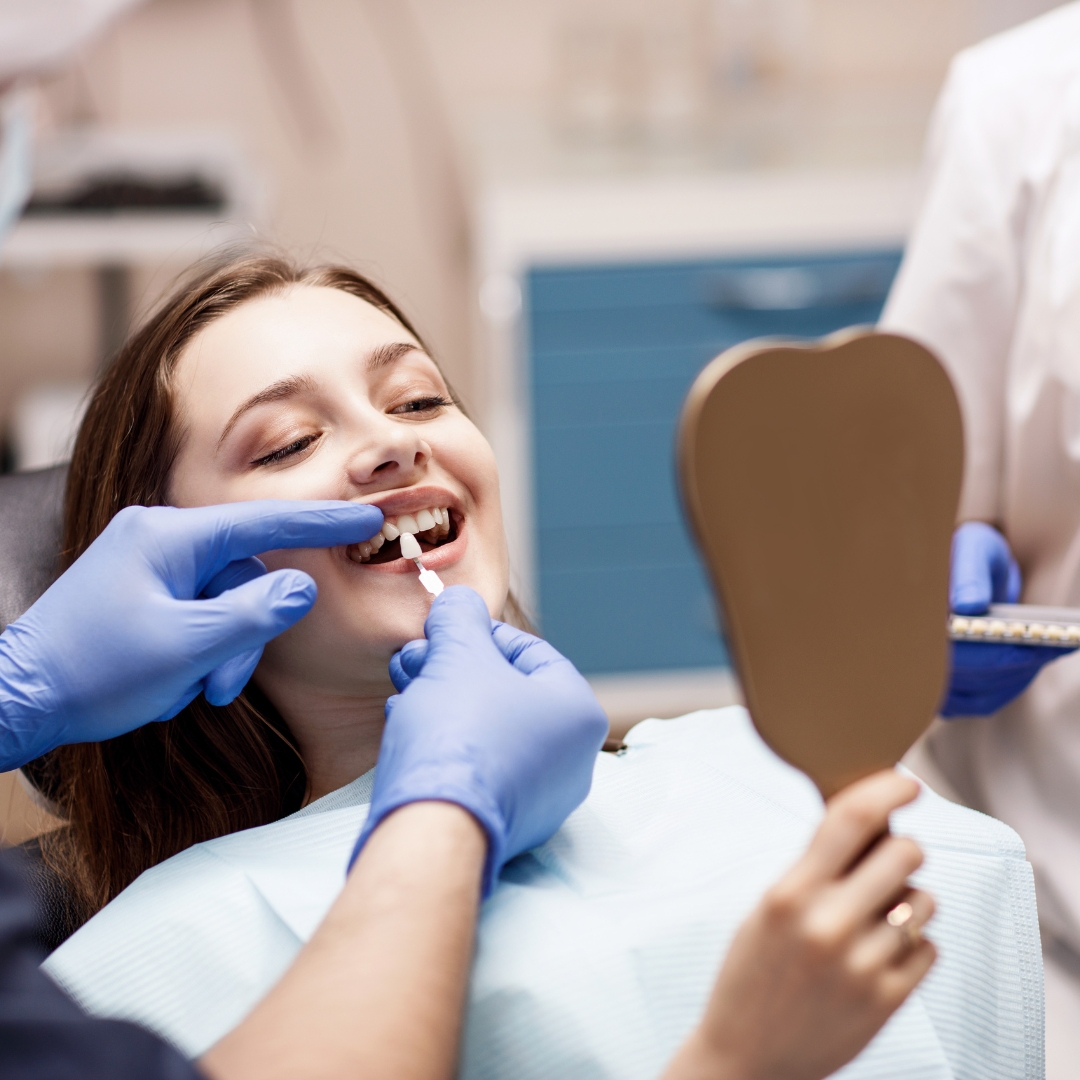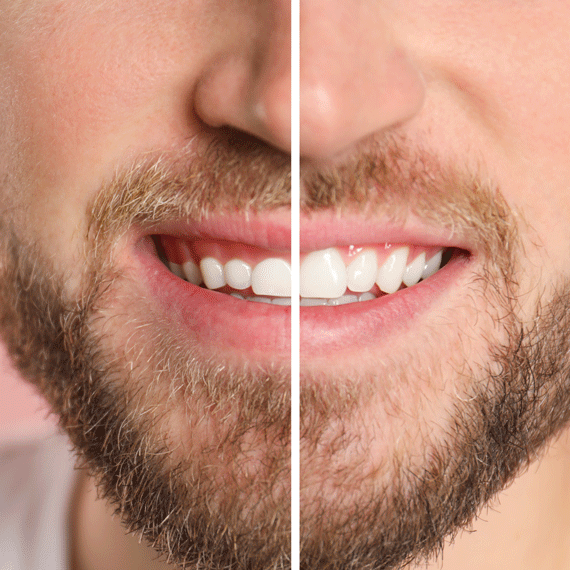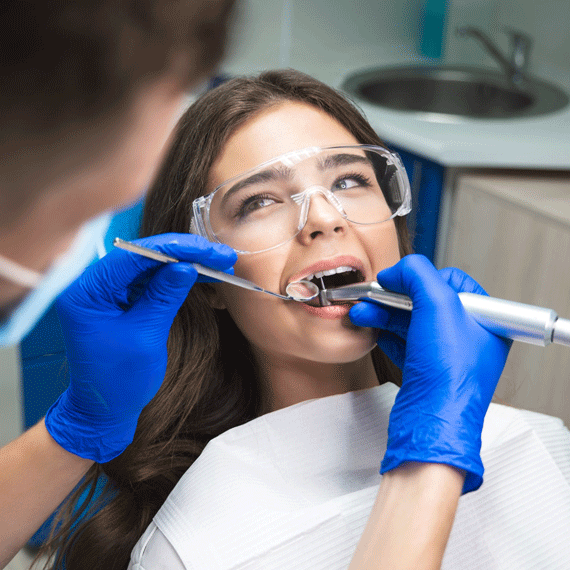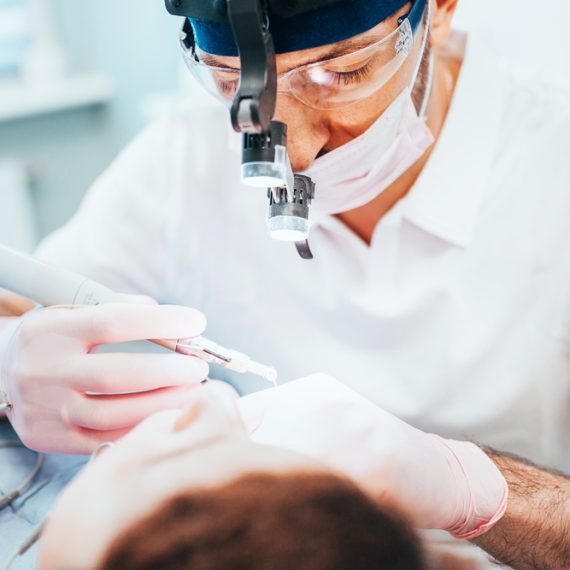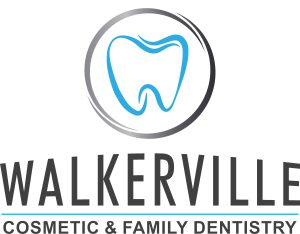Services
Comprehensive Dental Care for a Healthy Smile
At Walkerville Dental, we offer a full range of dental services to keep your smile healthy, functional, and beautiful. Whether you need routine preventive care, restorative treatments, cosmetic enhancements, or specialized procedures, our experienced team is here to provide personalized, high-quality care. We use advanced technology and a patient-focused approach to ensure every visit is comfortable and effective. Explore our services to find the right treatment for your needs and take the next step toward optimal oral health.

